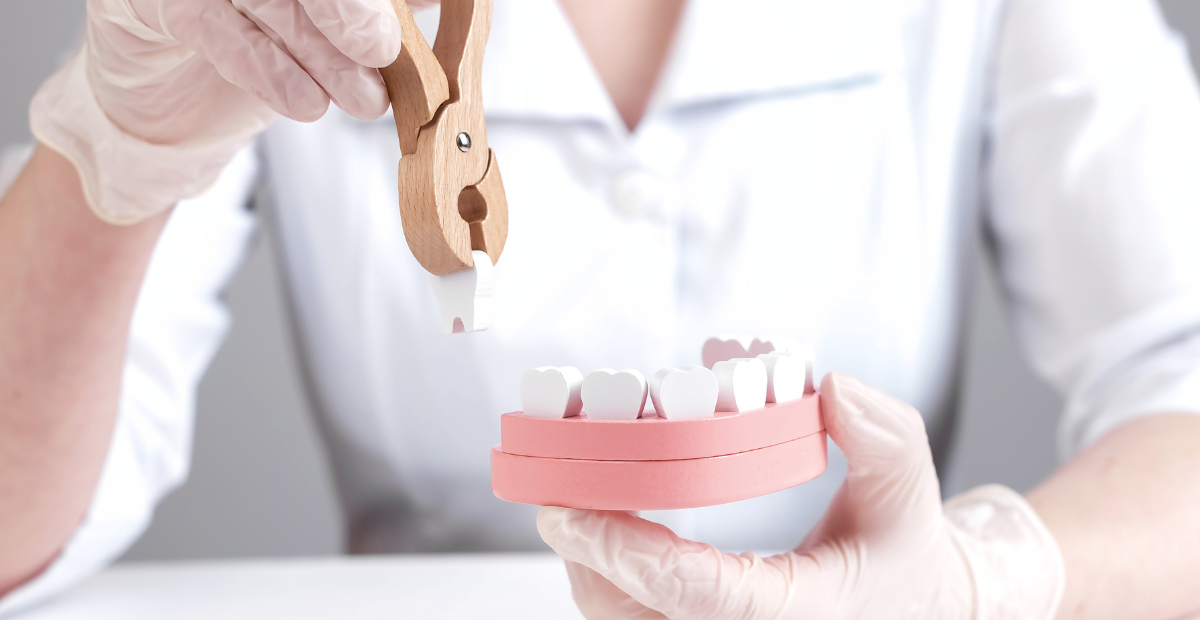Understanding Wisdom Teeth Removal

Wisdom teeth, or third molars, often make their presence known during late teens to early twenties but may appear earlier or later. They are usually the last to erupt and are located at the back of the mouth. While some might have all four wisdom teeth, others may have fewer or none. For many, the eruption of wisdom teeth may cause tenderness, swelling around the gums, and bad breath due to the accumulation of food and bacteria as the tooth breaks through the gum. For the fortunate ones, these symptoms may settle down after the teeth have erupted fully, not causing further issues.
However, when there isn’t adequate space or they grow in the wrong direction, wisdom teeth removal becomes imperative. This is due to the potential development of infections, impacted teeth, jaw soreness, difficulty in opening the mouth wide, and toothache. In some cases, a cyst can form around the tooth.
When to Consider Wisdom Teeth Removal?
If experiencing pain or discomfort, it’s crucial to have a consultation with a dentist. A thorough examination, often involving x-rays, is undertaken to diagnose and formulate a treatment plan. Depending on the findings, a dentist can advise whether the wisdom teeth can be safely removed under local anaesthetic or if referral to a specialist, such as an oral maxillofacial surgeon, is needed. This depends on the positioning of the wisdom teeth, including the number of roots, curve of the roots, and the proximity to nerves, sinus, and other teeth.
What to Expect During Consultation?
During your consultation, a comprehensive medical history is reviewed to minimise the risk of complications with the surgery, anaesthesia, and post-treatment care and healing. Remember to bring along a list of medications, vitamins, supplements, and inform the dentist about any allergies, previous treatments and reactions, pregnancy, or smoking habits.
Wisdom Teeth Removal Cost
Here at the Health Hub, we perform simple extractions to surgical removal of wisdom teeth, with treatment cost depending on the degree of ease or difficulty of the wisdom tooth removal. Full quotes are provided at the time of consultation.
Post Wisdom Teeth Removal Care
After a wisdom teeth removal, it is essential to follow the instructions provided by our dentists. Avoid smoking and alcohol, as well as exercise or heavy lifting. Be careful of the numbness and ensure you keep the area clean. Take medications as prescribed only.
Final Thoughts
Whether it’s your wisdom teeth coming through or other dental concerns, prioritising timely check-ups and consultations are crucial. Wisdom teeth reviews and impacted wisdom teeth removal should not be neglected as they can lead to further complications if left untreated.
The Health Hub in Fortitude Valley offers dental check-ups and consults addressing these concerns, offering a seamless experience from consultation to treatment.
To book an appointment at the Health Hub click here or call us on 1300 709 076.
This blog article was supported by AI generation and should not be relied on as specific medical or professional advice. For personal advice, please consult with your healthcare professional.
